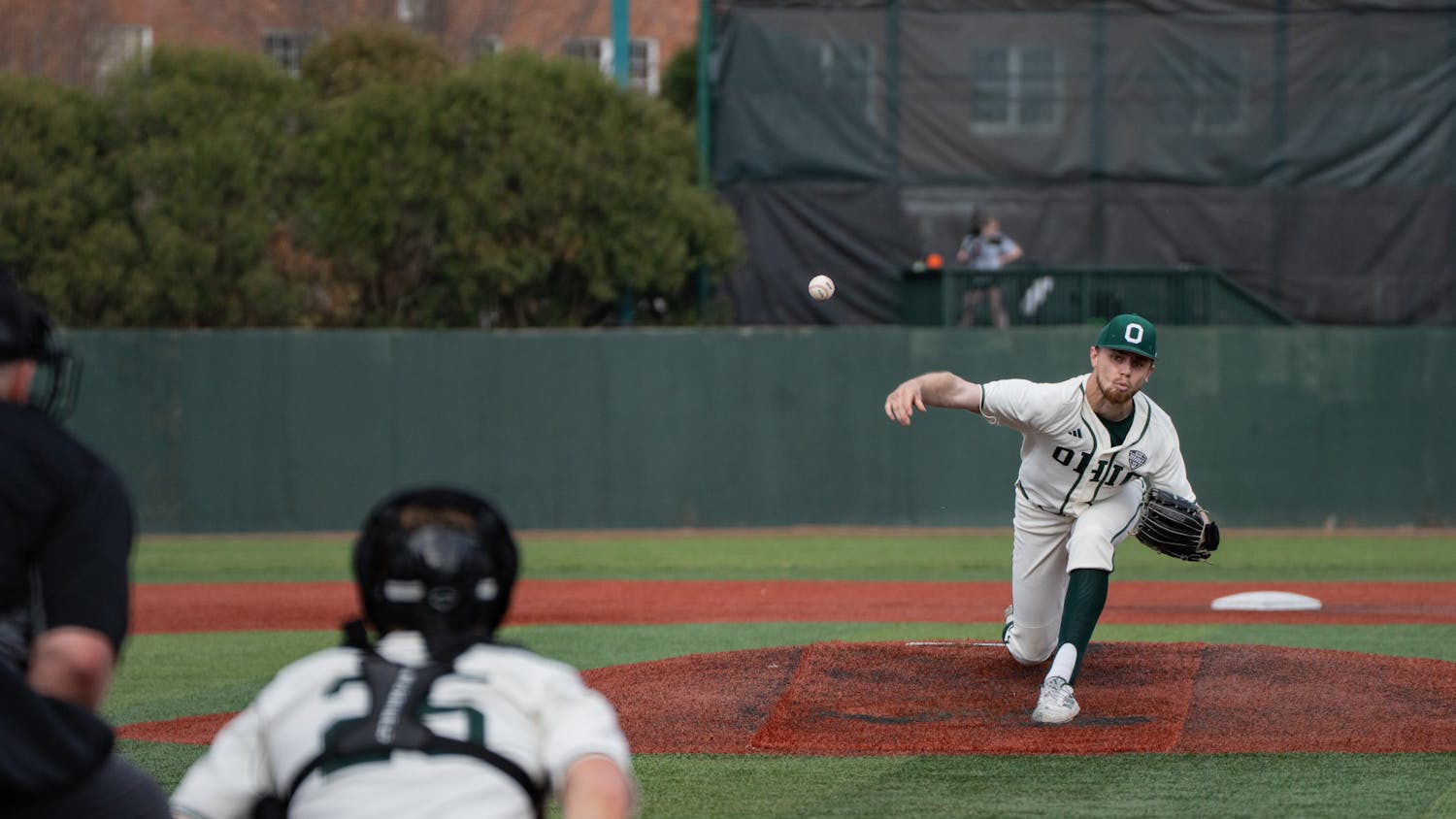Oral arguments were held Thursday afternoon for a lawsuit that alleges Ohio University ignored the sexual assault of a minor by an OU police officer, Robert Parsons, and it is currently being determined if Title IX applies to non-university students at university-related events.
The Post does not name people who report sexual harassment or assault unless they give permission. Title IX states “No person in the United States shall, on the basis of sex, be excluded from participation in, be denied the benefits of, or be subjected to discrimination under any education program or activity receiving Federal financial assistance,” according to the U.S. Department of Education.
Dan Cannon, the survivor's representation, argued the Supreme Court did not include language that specifies those protected under Title IX must be students. Title IX applies to any person engaging in an academic event, Cannon said, and argued that as a university entity, everything that is done is an academic service.
“The university is the educational program or activity,” he said. “If my client is raped on campus, then she’s been deprived of the benefit of an educational program or activity.”
Essentially, Cannon said the language of Title IX applies to any person on campus, regardless of their status as a student. However, they still must meet other criteria that reasonably claim Title IX protection, such as plausibly plead there was knowledge of someone who could take action based on the complaints of a student, actual knowledge of a substantial risk the university ignored and that the university ignored it.
Cannon argued that because of OU’s involvement, Title IX applies because the university as a whole is an educational program. Regardless, he said, the survivor was in attendance of a university-sponsored career day at her high school, the product of a relationship between the high school and OU.
May Mailman, the university’s representation, argued just because two OU police officers were in attendance at the career day does not mean it was a university-sponsored event.
While Mailman acknowledged Parsons’ actions were criminal, she said OU acted swiftly to fire him and did not meet the standard of deliberate indifference, which would mean the university's response amounted to a refusal to comply with Title IX. The university was aware of and investigated Parsons’ actions in 2000, giving him a warning at that time. That led to his relatively quick firing after a second investigation in 2005, Mailman said. Rather than the university practicing deliberate indifference, she said, the university took direct action against Parsons.
Mailman also argued that although there was an alleged partnership between the survivor’s high school and OU, the survivor did not participate in specifically linked programs, such as dual-credit opportunities, and that simply attending the career day event does not meet the standard to be protected under Title IX.
OU declined to provide a comment on the ongoing case.






